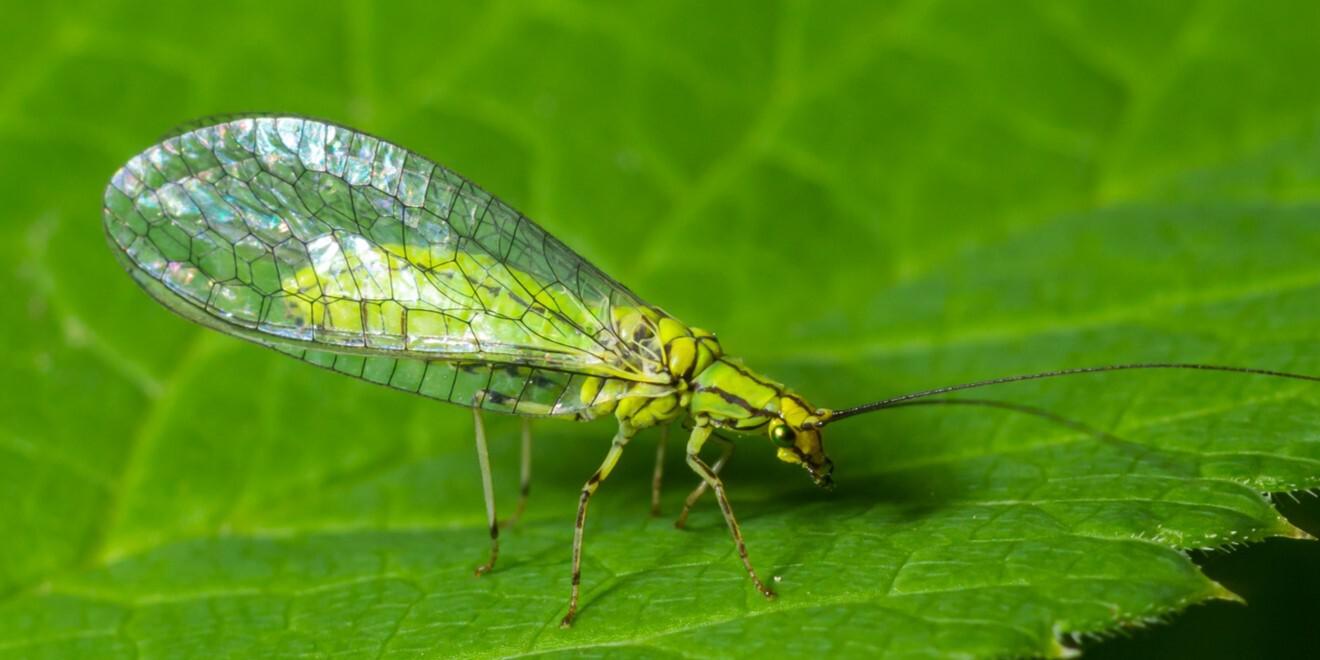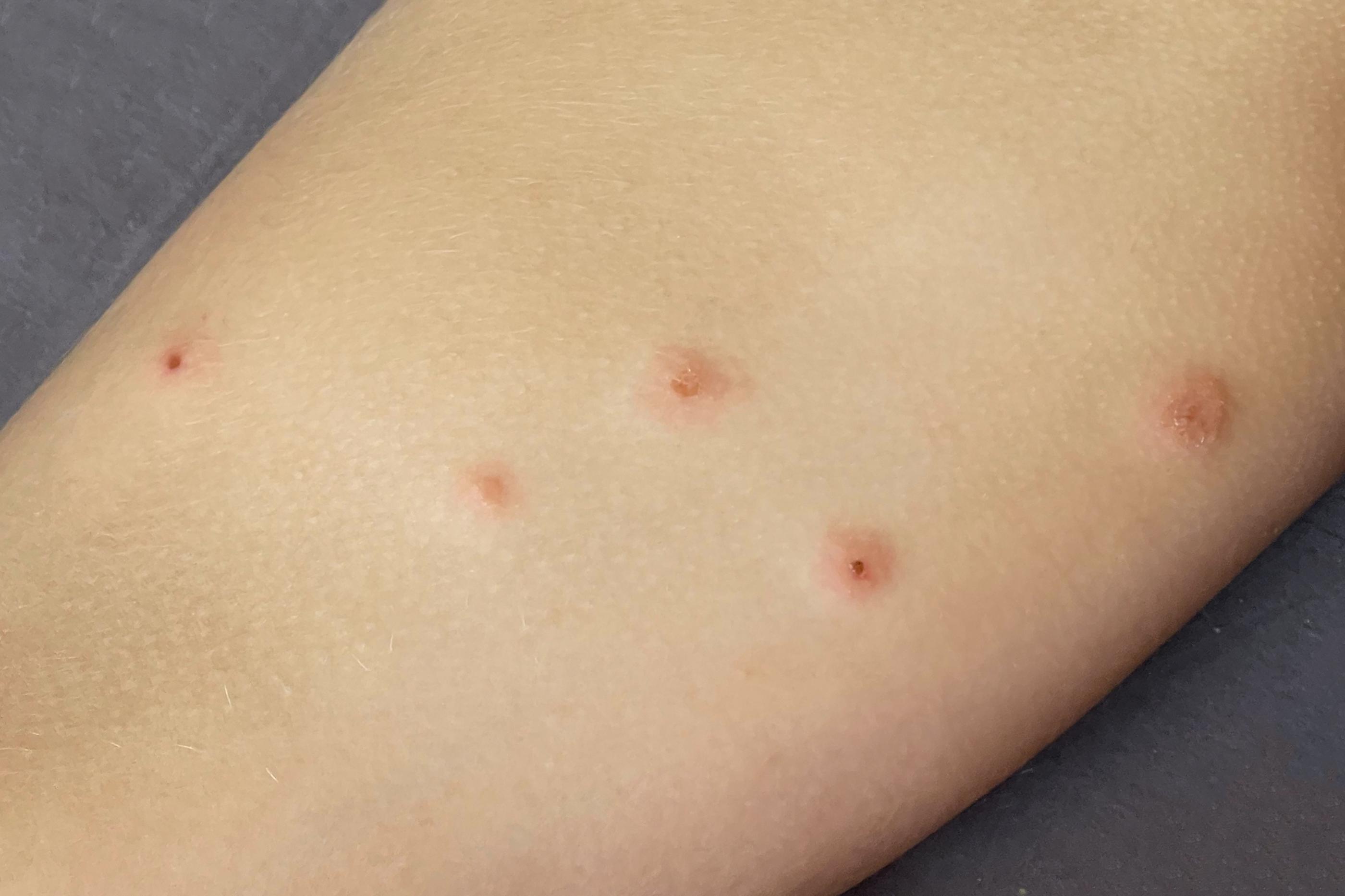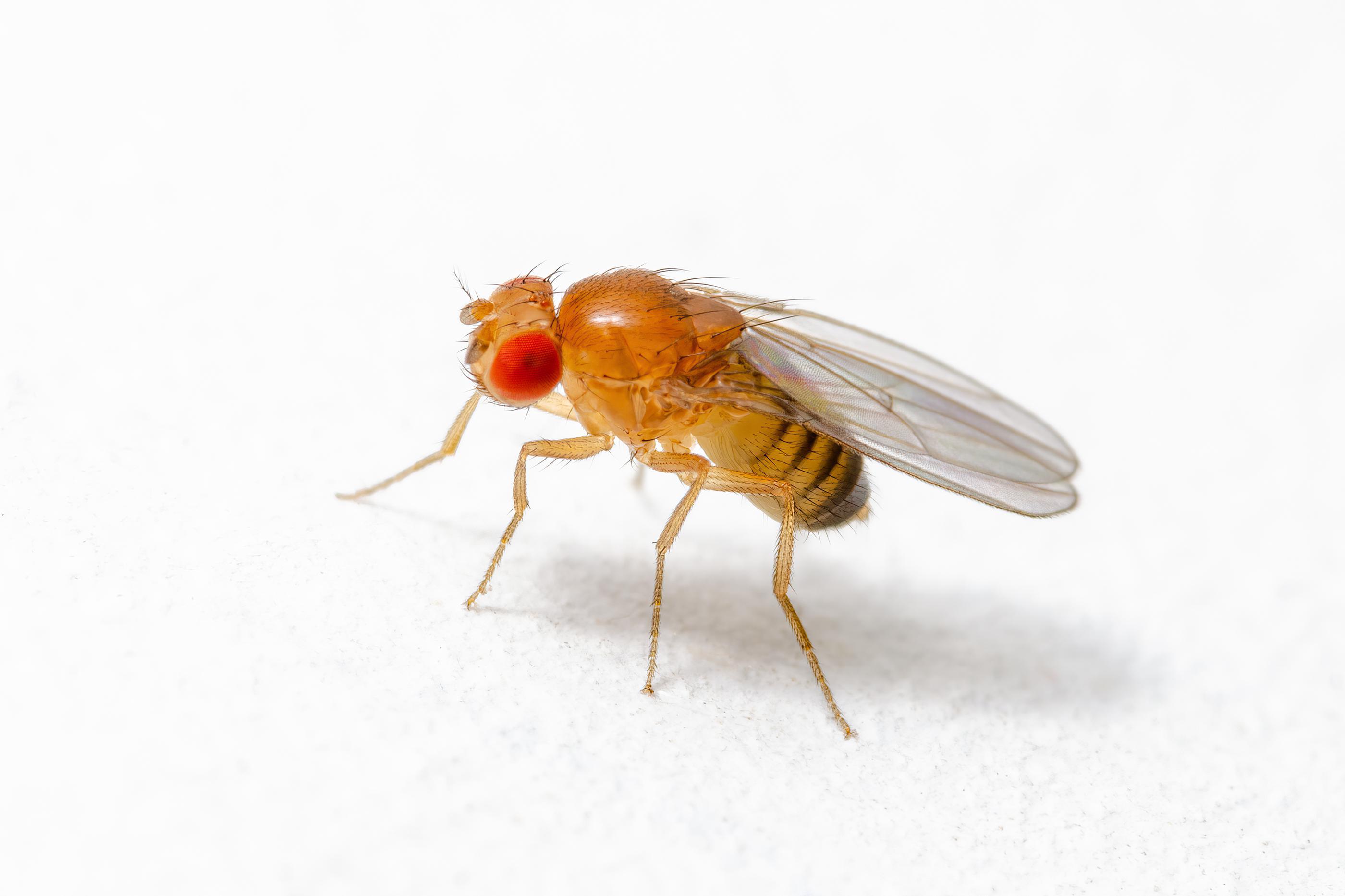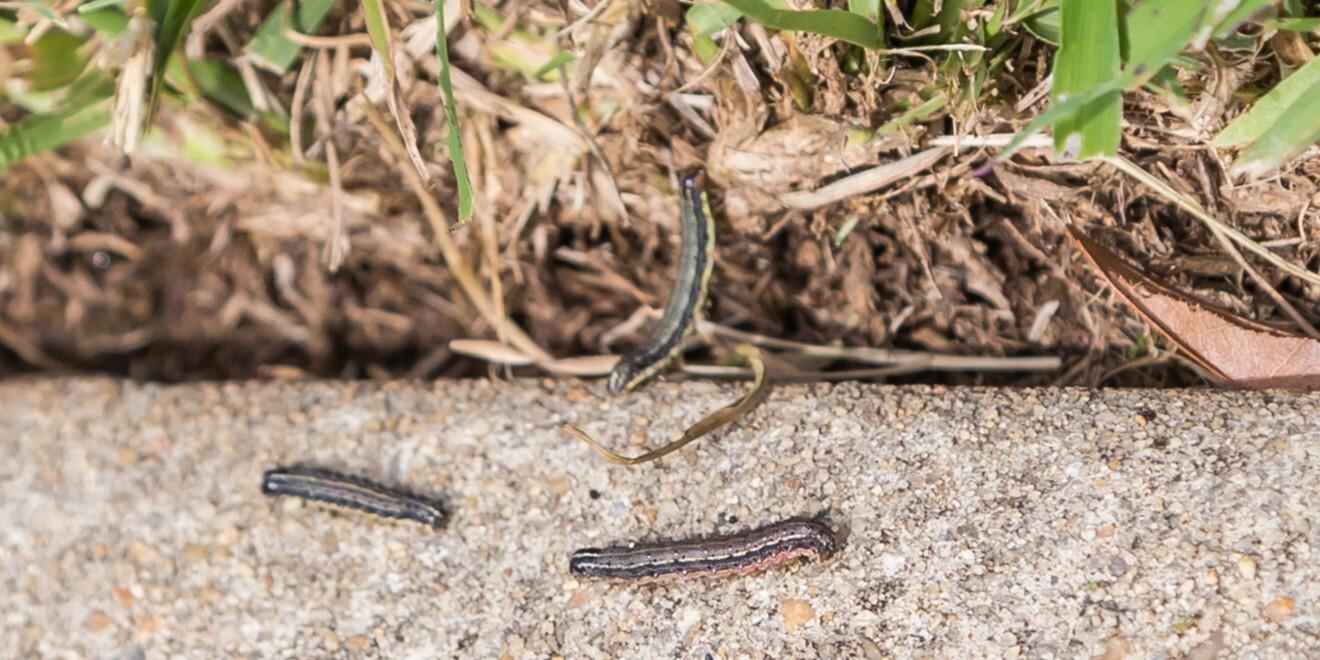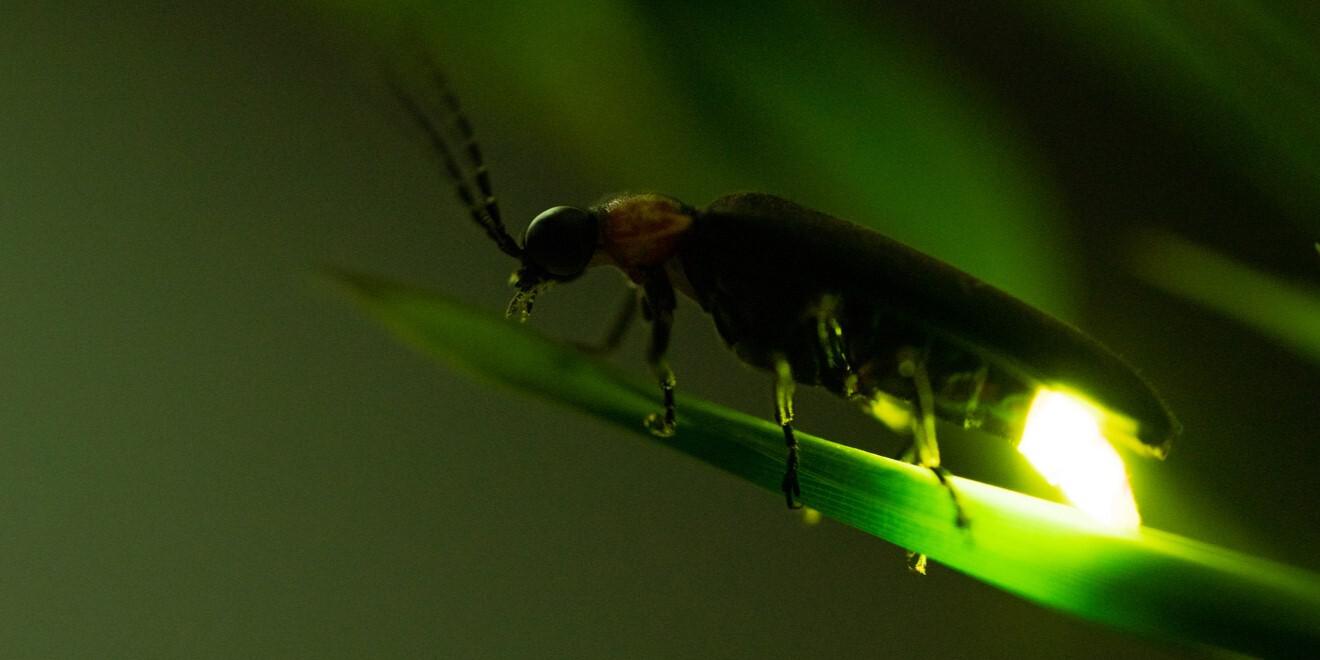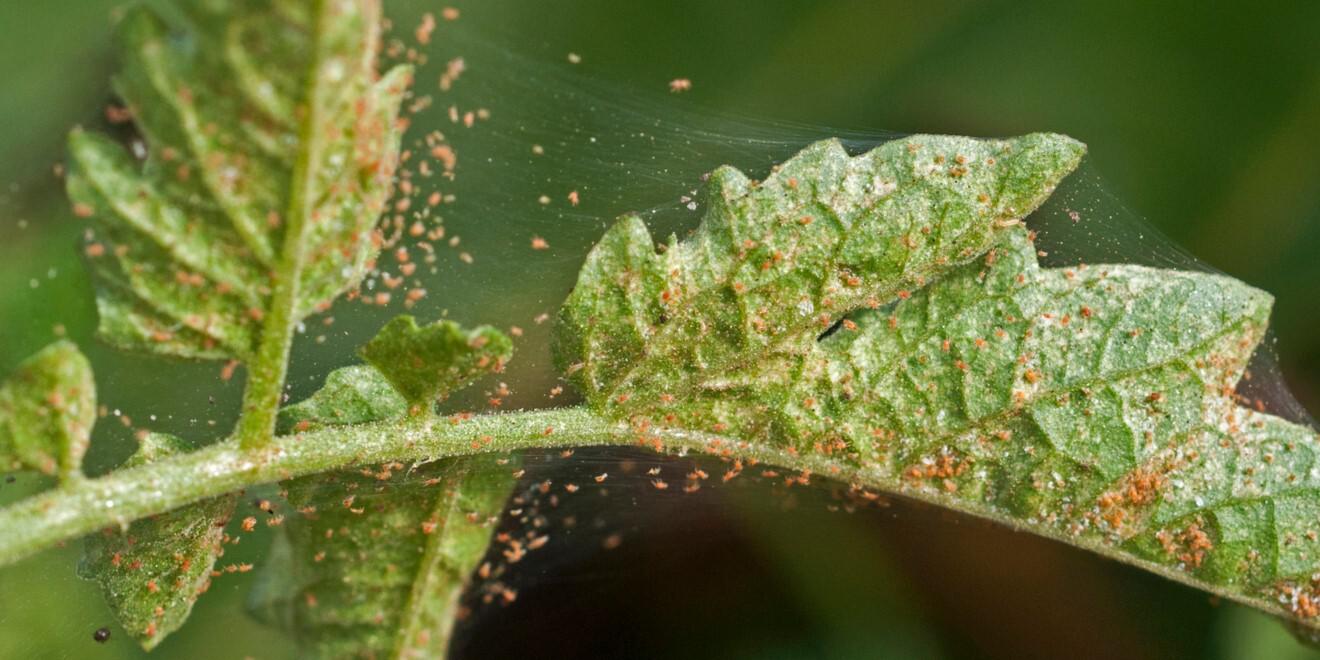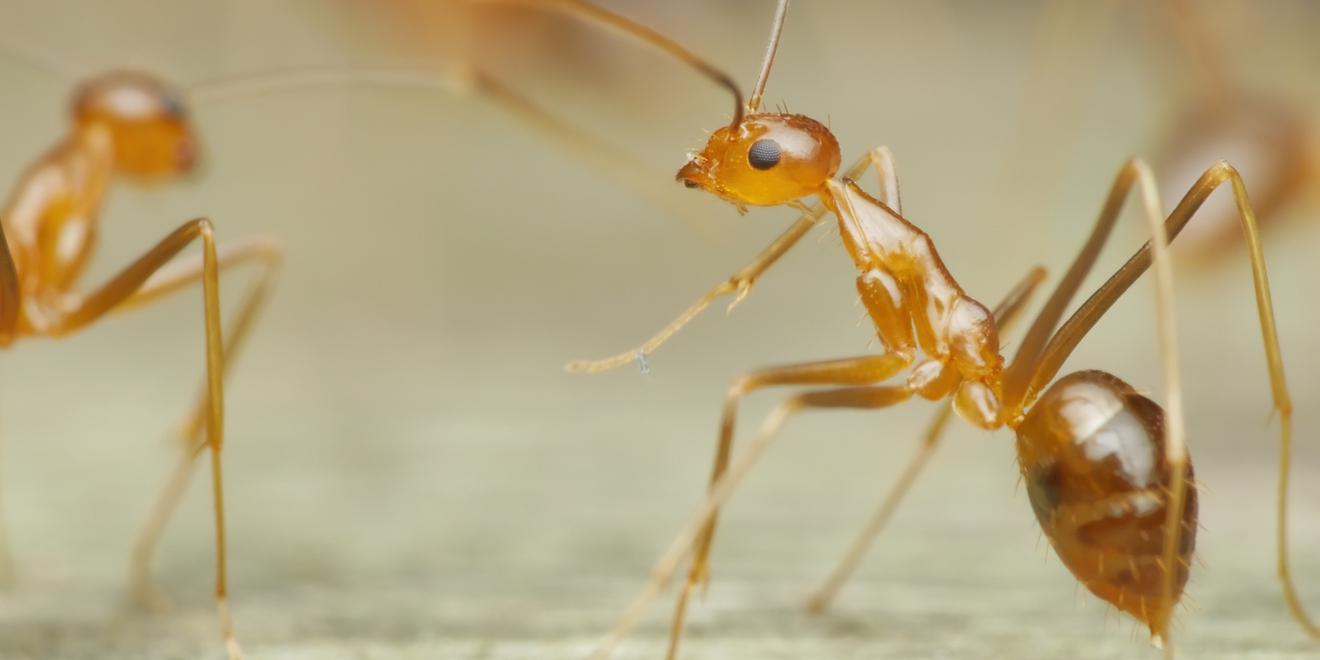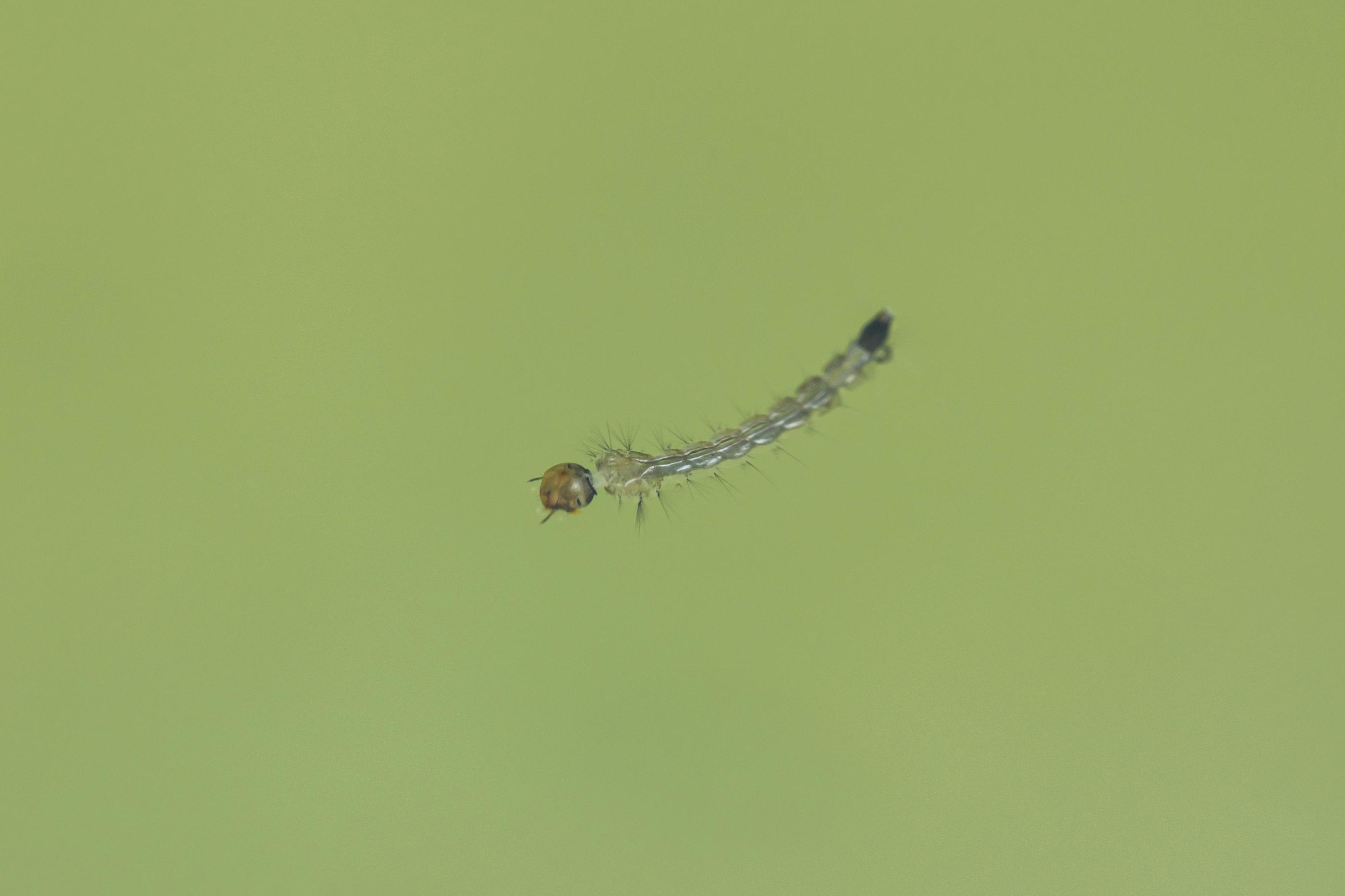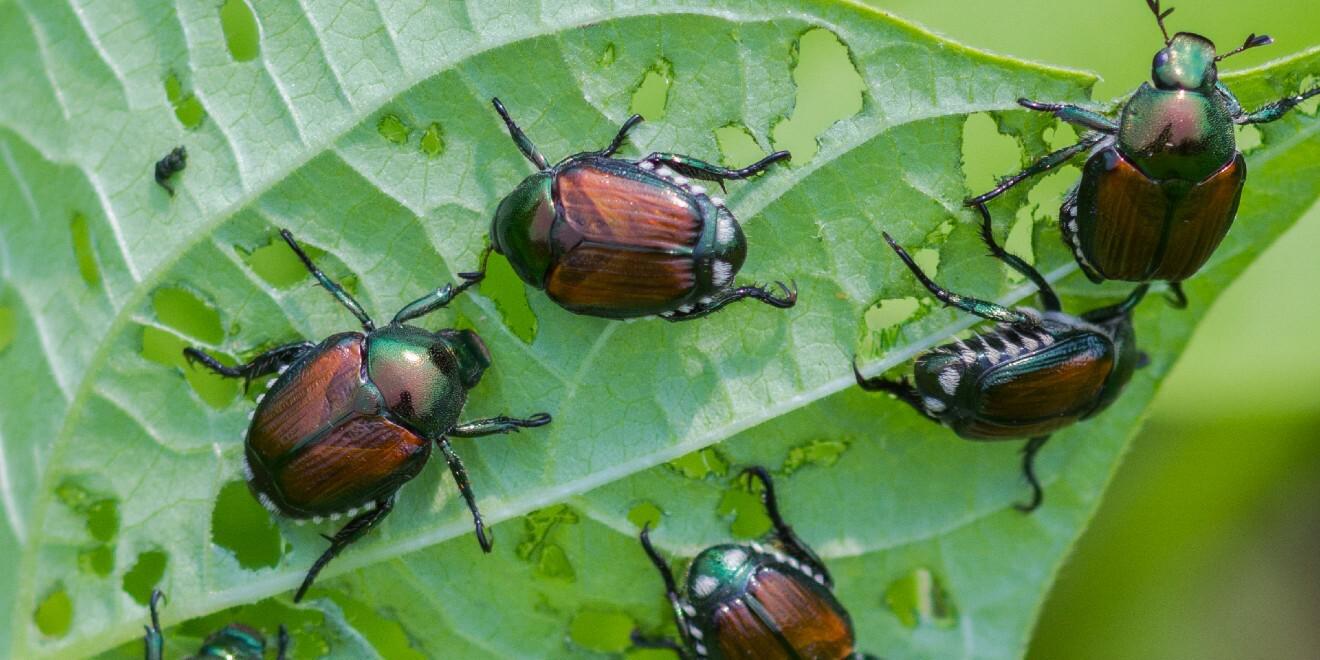Lone Star Ticks and Alpha-Gal Syndrome: What You Should Know
Posted by Mosquito Squad
July 18, 2025
Many people think of tick-borne illnesses as something that affects rural hikers or wooded campgrounds—but that’s not the whole story. Metro Detroit tick and mosquito control efforts aren’t just about mosquitoes. Tick-related health issues are a significant concern, even in suburban neighborhoods and city parks. Among the most surprising of these is Alpha-gal Syndrome, a red meat allergy caused by the bite of a lone star tick.
This tick species was once mostly confined to southern states, but now it’s creeping into new regions. As people travel and as wildlife migrates, lone star ticks have made their way into areas of the Midwest—including parts of Michigan. Whether picked up on a camping trip or introduced by local deer, this pest brings with it a health issue many still haven’t heard of.
From One Bite to a Lifelong Allergy
Alpha-gal Syndrome (AGS) isn’t like Lyme disease or Rocky Mountain spotted fever. It’s not an infection—it’s an allergic reaction. The lone star tick carries a molecule called alpha-gal, which is found in most mammals but is activated when the tick bites a person. This can trigger the immune system to respond aggressively the next time that person eats red meat like beef, pork, or lamb.
Unlike typical food allergies, AGS symptoms don't typically show up immediately. They instead show up hours after a meal. People may experience hives, stomach pain, or even difficulty breathing—sometimes long after they’ve eaten. This delay often makes it harder to identify what’s causing the reaction, which can worsen over time.
Smart Steps Toward Prevention
Avoiding tick bites is the most effective way to avoid the risk of Alpha-gal Syndrome. It starts with personal habits: wear long pants and sleeves when venturing into overgrown areas, stay on established trails, and use insect repellent that’s been proven effective against ticks. After spending time outdoors, do a thorough tick check—especially in hidden spots like behind the knees, along the waistband, and under arms or hairlines.
On your property, aim to make your yard less tick-friendly. That includes keeping grass trimmed short, removing leaf litter, and clearing brush from the edges of your yard. If you live near wooded areas or fields, adding a gravel or mulch barrier between the woods and the places you spend time is important to create barriers.
Ticks thrive in shaded or moist areas, especially where wildlife travels or rests. That’s why even well-maintained properties can benefit from extra protection. Professional tick treatments help reach the areas ticks love to hide—providing an added layer of security when combined with smart landscaping and habits.
Local Solutions for Tick Risk
At Mosquito Squad of Metro Detroit, we understand that pest control is about more than comfort; it’s about health and peace of mind, so our tick control services are designed with both in mind. We don’t just apply a general treatment and hope for the best. Instead, our trained professionals assess your property, identify likely tick zones, and apply a targeted approach that focuses on results.
Whether you’re planning ahead for outdoor events or simply want to make your yard a more enjoyable space, we offer customizable plans to suit your needs. Our treatments work for up to three weeks and are supported by a satisfaction guarantee. It’s our way of making sure you feel confident about your outdoor space—no matter what season it is.
If you’re ready to explore tick control options or have questions about treatment plans, contact Mosquito Squad of Metro Detroit. We’re here to help you take control before one small bite leads to a much bigger problem.

